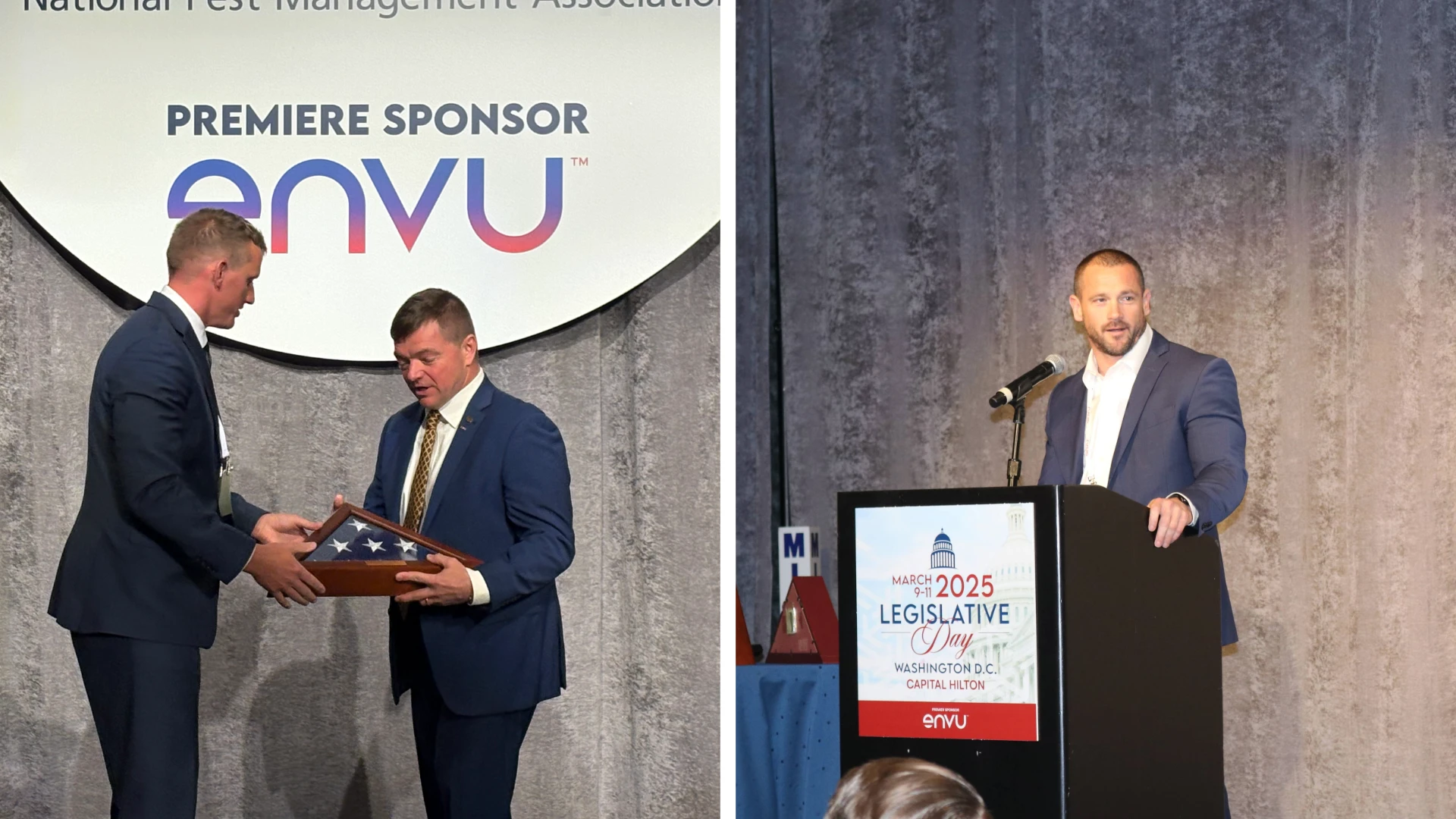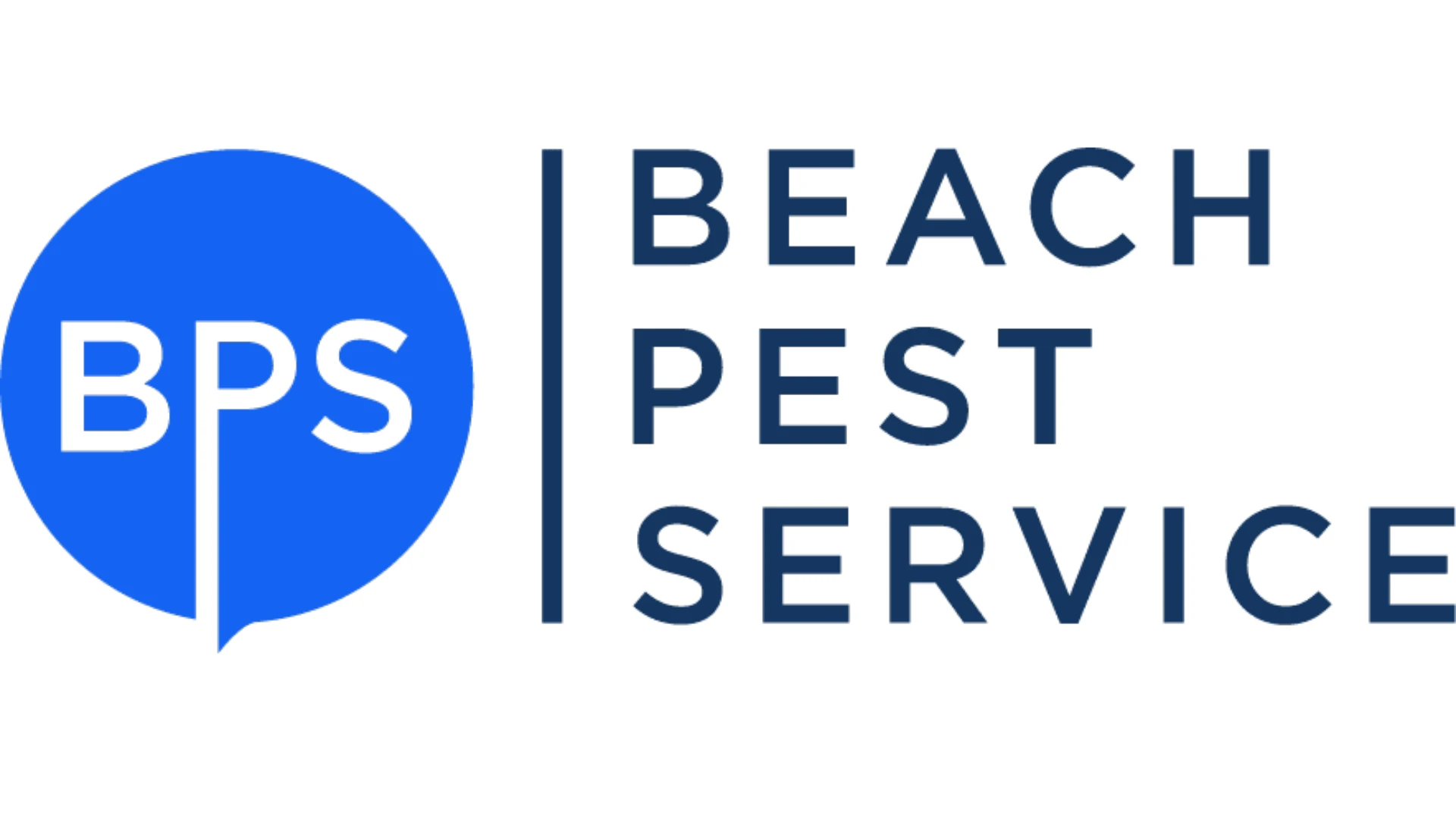Winter months are traditionally a slow time for pest management professionals throughout much of the country. Cooler weather means reduced pest pressure, fewer callbacks and fewer emergency calls. This slower time is ideal for getting ready for next season and preparing for the busy months ahead.
Dr. ElRay Roper, senior technical representative, Syngenta Professional Products, recommends the following actions to take during the winter months to help protect your business and avoid problems during the busy days of the coming season.
Prepare an Emergency Response Plan
- Decide which emergency is most likely to affect your business during the next five years (examples include fire, flood, tornado, hurricane, chemical spill, traffic accident, etc.).
- Outline how that emergency event would affect your business and employees.
- For the most likely emergency, prepare a detailed written plan of action for your business.
- Get input from all levels of your company.
- Provide a copy of the emergency action plan to all employees and schedule time to review it with them.
- If time allows, consider preparing plans for other possible emergencies in descending order of importance.
- If you already have emergency action plans, review them and update as needed.
Conduct basic training on handling a chemical spill
- Make sure you have a spill kit in all company vehicles and in chemical storage or mixing areas.
- Conduct a spill “simulation” on a warehouse floor or other suitable area.
- Use a lightweight oil to simulate a spill of an emulsifiable concentrate.
- Use hand lotion diluted with water to simulate a suspension concentrate.
- Use talcum powder to simulate a spill of a dust or wettable powder formulation.
- Review the steps for containing a spill.
- Review the communication plan in the event of a spill.
- Let each technician try a hands-on experience with containing and cleaning a spill.
- Review disposal procedures for each type of spill.
Perform annual maintenance on vital equipment
- Clean all spray tanks.
- Check all hoses and trim or replace as needed.
- Check seals on pumps and replace as needed.
- Change oil in small engines and do other maintenance such as air filter replacement.
- Check inventory of spare parts and replenish as needed.
- Check and repair or replace all personal protective equipment as needed (examples include respirators, gloves, face shields, boots, etc.).
Using down time to prepare for the next season can provide your company with significant savings and can help prevent a bigger problem with failed equipment or uncertainty in times of emergency. Use these tips to make your business more profitable this coming season.
The author is senior technical representative, Syngenta Professional Products.

Explore the February 2008 Issue
Check out more from this issue and find your next story to read.
Latest from Pest Control Technology
- Understanding Rodents and Bird Flu
- Green Pest Solutions Awards Safest Driver New 2025 Ford F150
- UF/IFAS Sheds Light on Tiny Invaders During Termite Awareness Week
- Registration Open for Lawn & Landscape Technology Conference
- Fleetio Launches Automotive Service Excellence Scholarship
- WorkWave Appoints John Phelan as CTO
- PMPs Use Capitol Hill Visits to Push for Preemption
- 20 Trapping Tips





